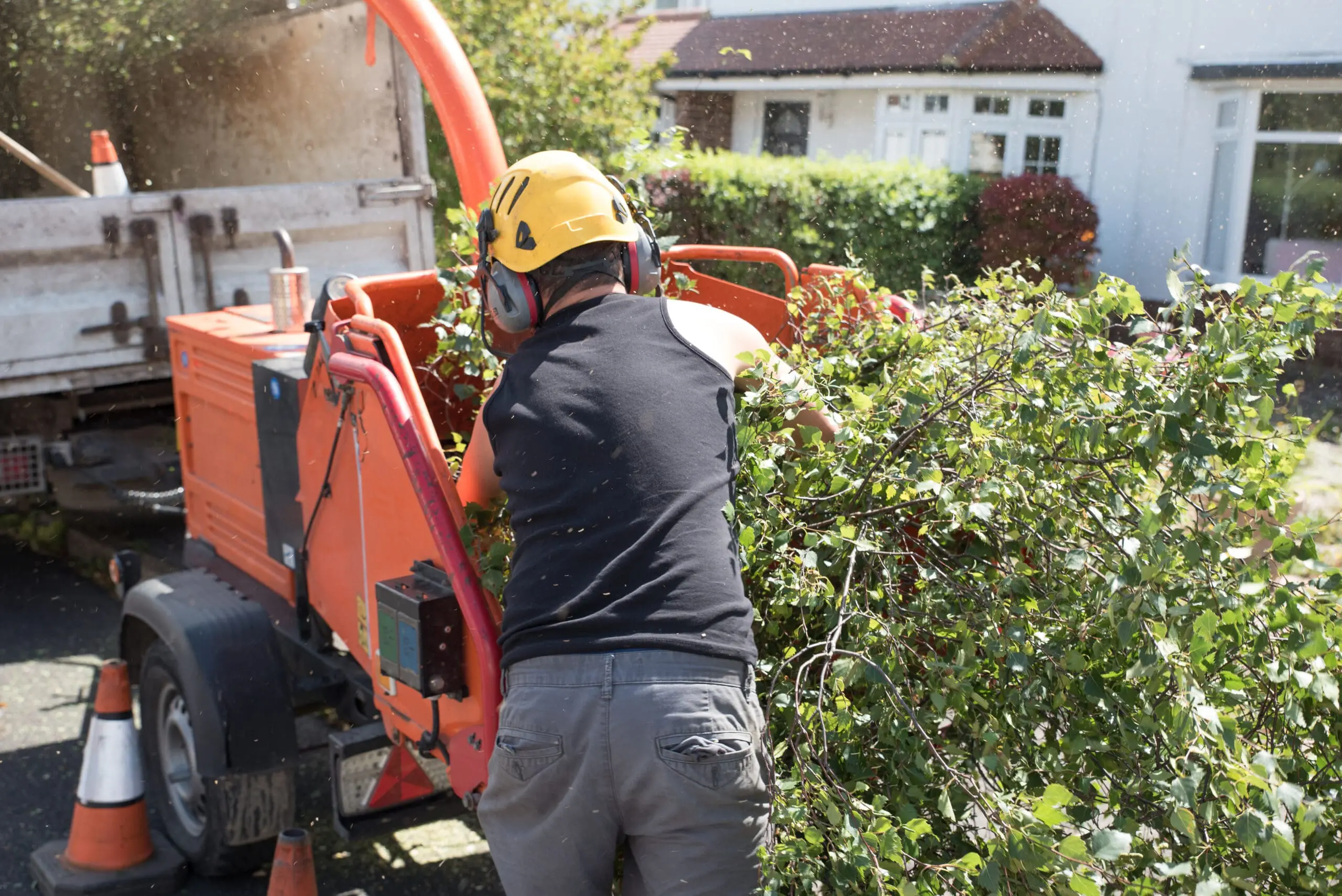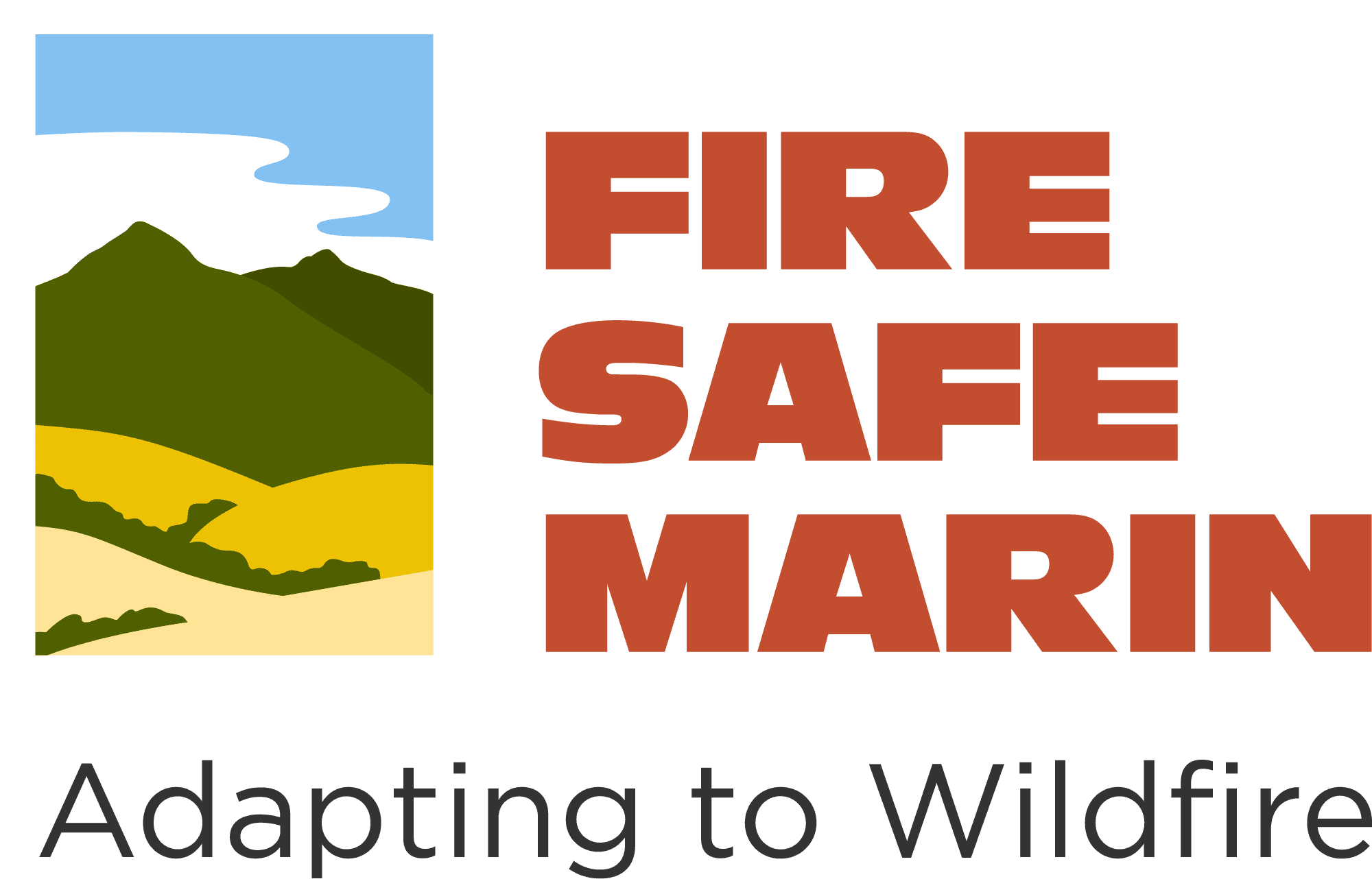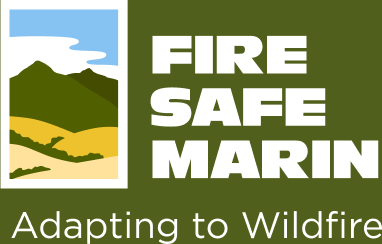IN THE EVENT OF AN EMERGENCY THIS SITE IS NOT MONITORED. FOR CURRENT INFORMATION GO TO HTTPS://EMERGENCY.MARINCOUNTY.ORG.
Wildfire Safety Tips for Renters
Marin renters can take action to protect themselves and their families in the event of a wildfire. The recommended actions for renters are similar to the general guidance for all Marin residents such as found here How to Evacuate. Renters should plan in advance, sign up for alerts, know their evacuation routes, prepare for pets, etc.
Alert and Warning
Learn about the different types of alerts and warnings and sign up for Alert Marin and Nixle.

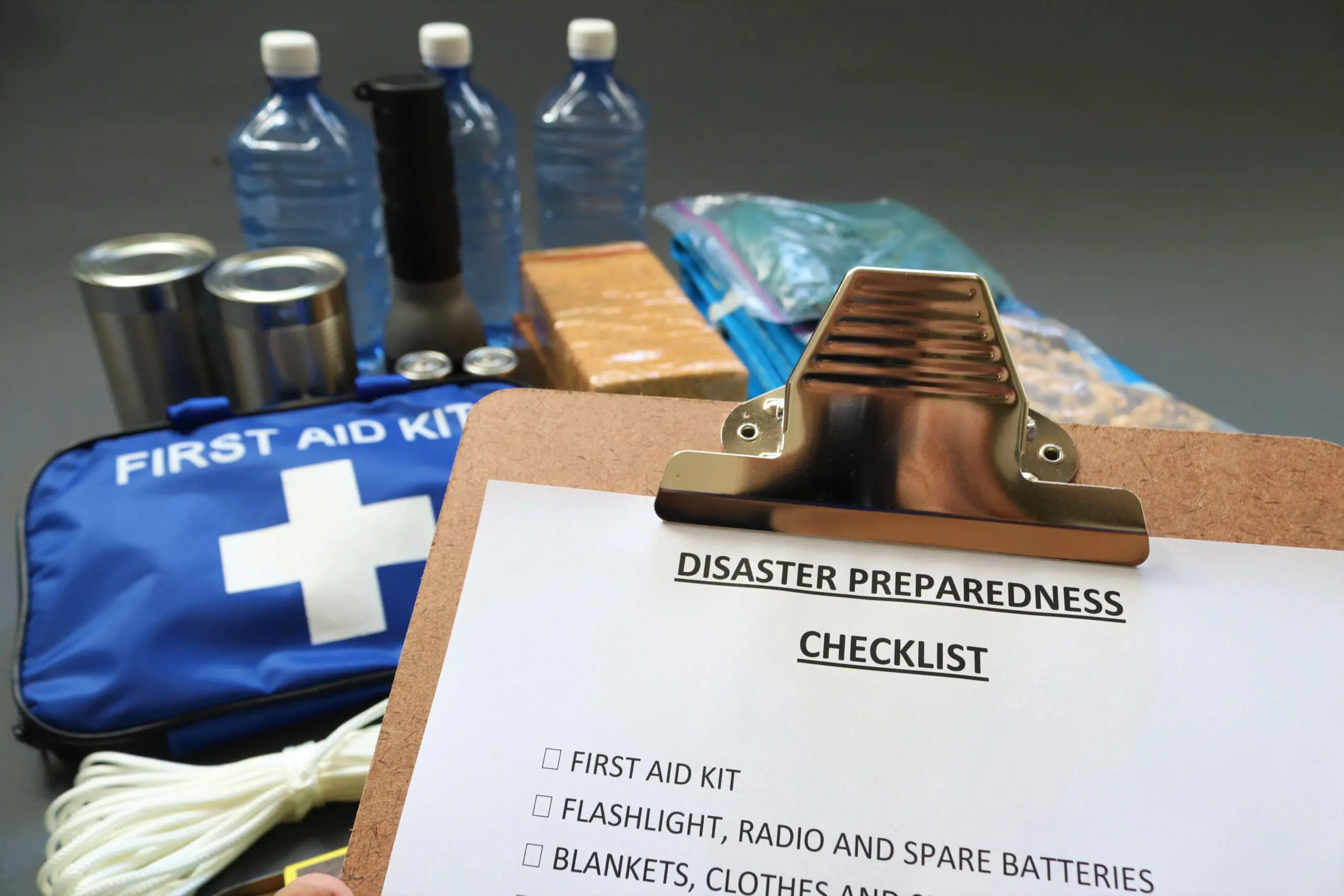
Make a Plan
Think about what you will do if you need to leave immediately or if you have some time to prepare for an evacuation. Know where all the exit doors and stairs are on your floor. Learn your building evacuation plan if you have one. Create and practice an escape plan from your apartment. Where will you go and how will you get there? What will you take with you? Prepare a Go Kit and wear protective clothing. Have a plan and supplies for your pet. Create a family communication plan that designates an out-of-area friend or relative as a point of contact to act as a single source of communication among family members in case of separation.
When and How to Evacuate
Most fatalities occur when residents evacuate at the last moment or choose not to evacuate. If you know you will need assistance, you should consider leaving immediately if you receive an evacuation warning. If you receive an evacuation order, you must leave immediately. Have a plan in place so that you can leave your residence quickly and access your planned transportation. It is likely that public safety resources will be overwhelmed, so you must take responsibility for your own safety. Do not delay.


Where to Go
The best choice is to stay with family or friends. If that is not an option, consider a hotel. If you can’t make other arrangements, details of evacuation centers will be provided by the County through Alert Marin, Nixle, social media and news agencies. Under extreme conditions, open locations free of unburned vegetation may be safe places to wait while a fire passes. If your evacuation route is blocked or impassable, a wide parking lot, ball field, or even a house or commercial building may provide temporary shelter. Parking your car, with windows up, in a location far from vegetation or structures, and waiting for the fire to pass, is often a safe option for sheltering in place. Authorities may choose to evacuate the temporary refuge areas en-masse when it’s safe to do so.
If staying with a friend or in a hotel isn’t an option, you can go to an evacuation center. It’s wise to research which center you’d be going to ahead of time — because you don’t want to be researching your destination as you scramble to evacuate. Emergency managers will attempt to provide information on safe evacuation centers if time allows. Plan to drive towards the highway 101 corridor. The Marin Civic Center Fairgrounds is a pre-designated evacuation facility and a safe location for evacuees. For small-scale local evacuations or disaster recovery and sheltering, local schools, community centers, or large parking lots may be used. Details of nearby evacuation centers will be provided by your county, so find your nearest evacuation center. The American Red Cross also provides evacuation shelters across California. Check to see whether there’s a Red Cross evacuation shelter near you. Marin shelters provide aid to all those in need, regardless of race, religion, gender identity, sexual orientation or citizenship status. You will not be required to show any kind of identification to enter a Red Cross shelter, just their name and where you were living before the disaster.
Evacuation Warning
If your community is under an evacuation warning, that’s the time to initiate your emergency plan. Have your Go Kit ready. Check in with your support network to be sure that your transportation is available. If you do have a vehicle, make sure it has a full tank of gas or charge and is not blocked in. If you or anyone in your family has medical or mobility issues, consider evacuating when you get the warning, and not waiting until a possible evacuation order.


Reduced Mobility
Mobility Issues: If due to age or disability you are slow moving, how will you get yourself and your essential belongings to your mode of transportation in a timely manner? Pre-planned support from caregivers, neighbors and family members who live close by is important to ensure your safety. Make sure you have a Go Kit ready which includes medicines and other essential health items.
Red Flag Warning
The strong winds and low humidity experienced when there is a Red Flag Warning in place are the factors which create extreme wildfire behavior. These are the days when you must carefully monitor the alert systems. Make sure you are near your warning devices and that they are functioning (phones, radios, etc.). Make sure your evacuation support systems are ready to go (check in with neighbors, relatives, etc.). Ensure that your Go Bag is packed, all your essential items are ready to go, and your car is gassed up and parked facing out. Protect your living space by placing inside your apartment all combustible objects from decks and balconies such as: combustible furniture and plants, hanging plant baskets, or other objects that might be ignited by embers.
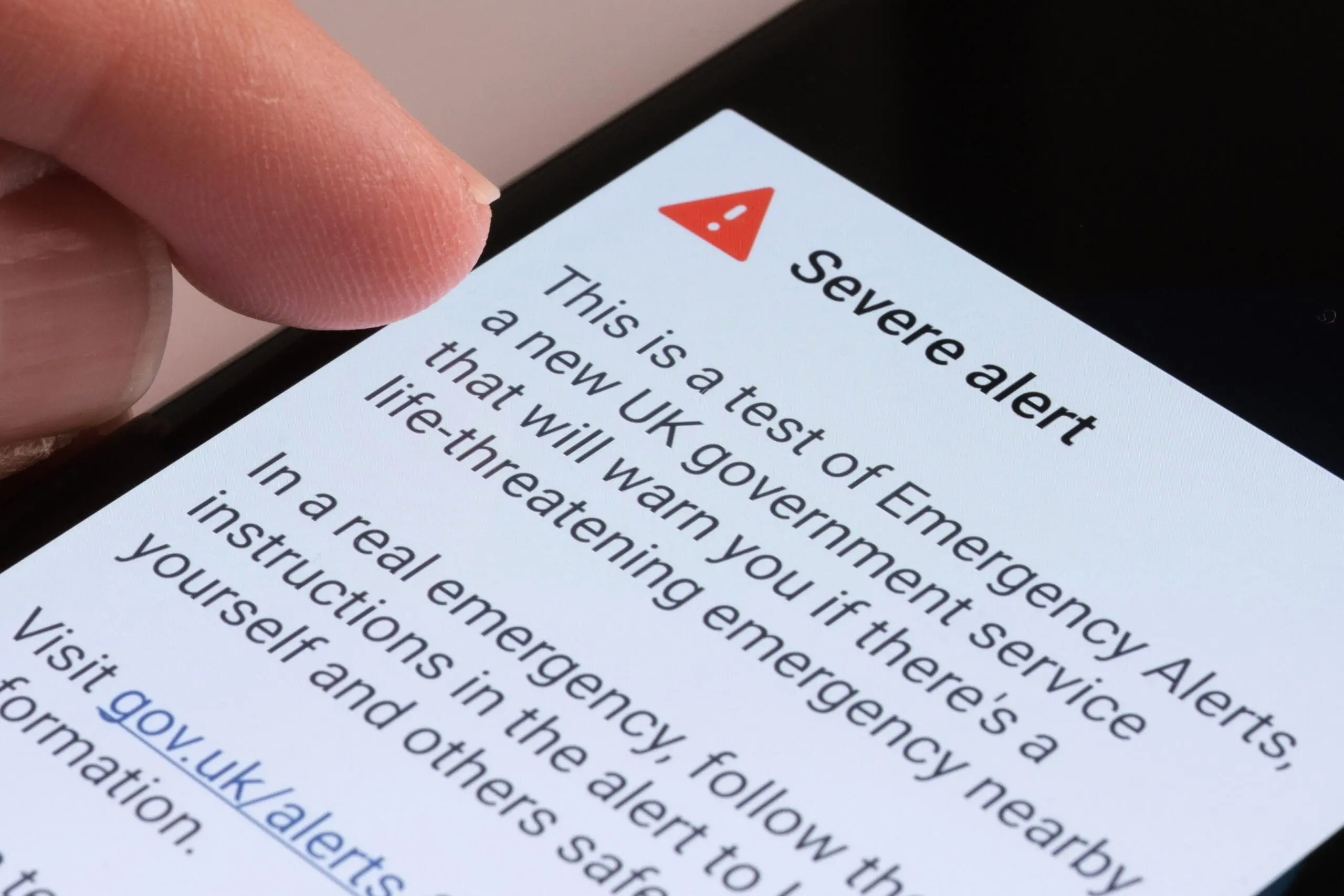

Working with the Property Owner
Owner responsibility: California rental property owners are obliged by law to maintain a rental unit that has adequate and reasonable living conditions for human beings and is built up to code. If a tenant has to temporarily relocate for required maintenance and repairs, a tenant is not required to pay rent to his landlord during the time he is not able to live at the property he rents. However, if a property has suffered a total loss, the rental lease will be terminated and the landlord is not required to provide temporary housing, and the tenant can stop paying rent.
Fire Loss for Renters
Fire Loss: If your rental home or apartment is destroyed by fire, your landlord or property manager should have communicated your rights to you and have provided information about repairs, relocation, or lease termination. If you have a California renters insurance policy — which you should — your policy can help cover the cost of belongings. The American Red Cross, FEMA, and several local non-profits have set up relief and recovery stations in the communities for displaced California residents to find resources. If you have suffered permanent displacement because of total property destruction, you will likely have to find new rental housing.
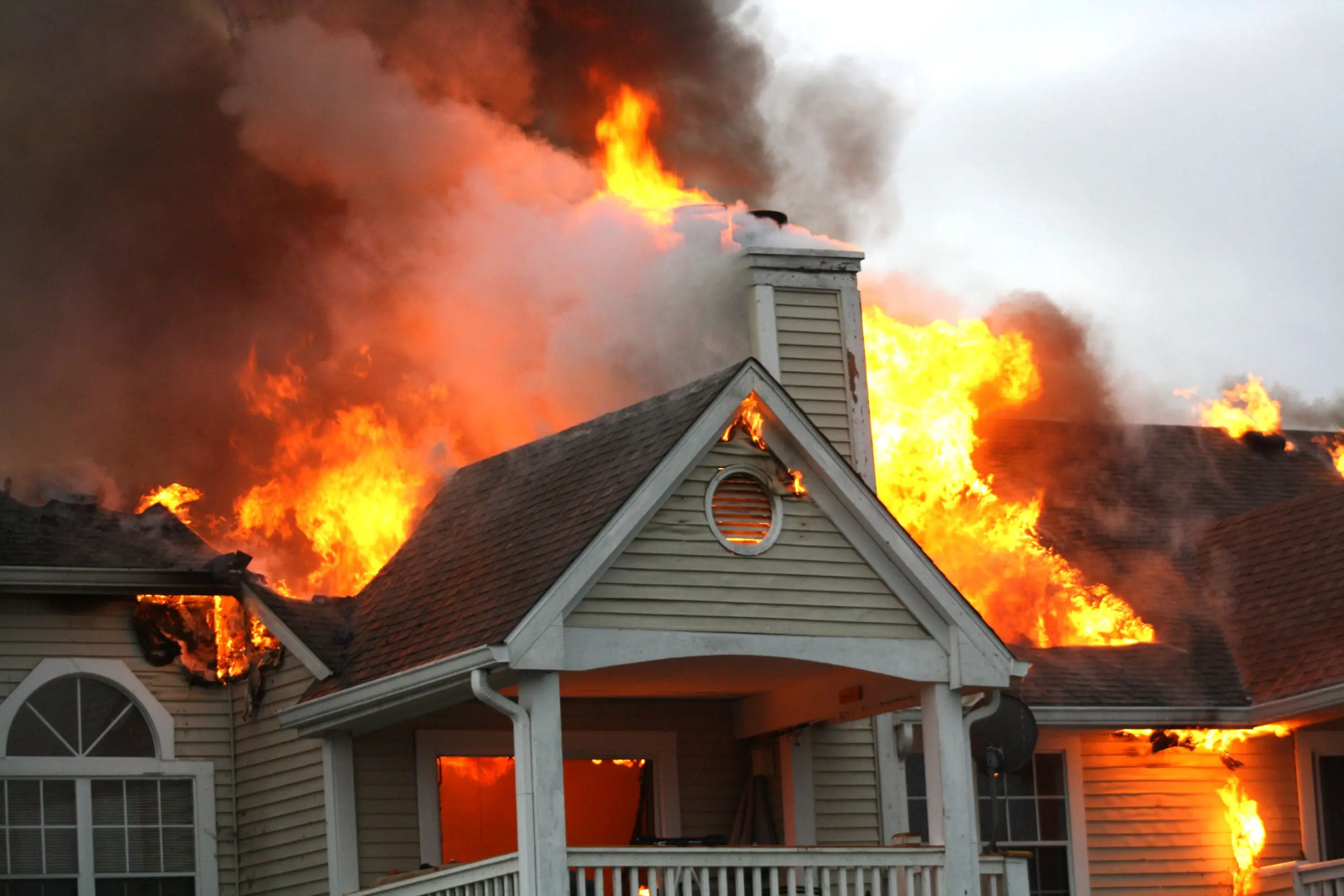
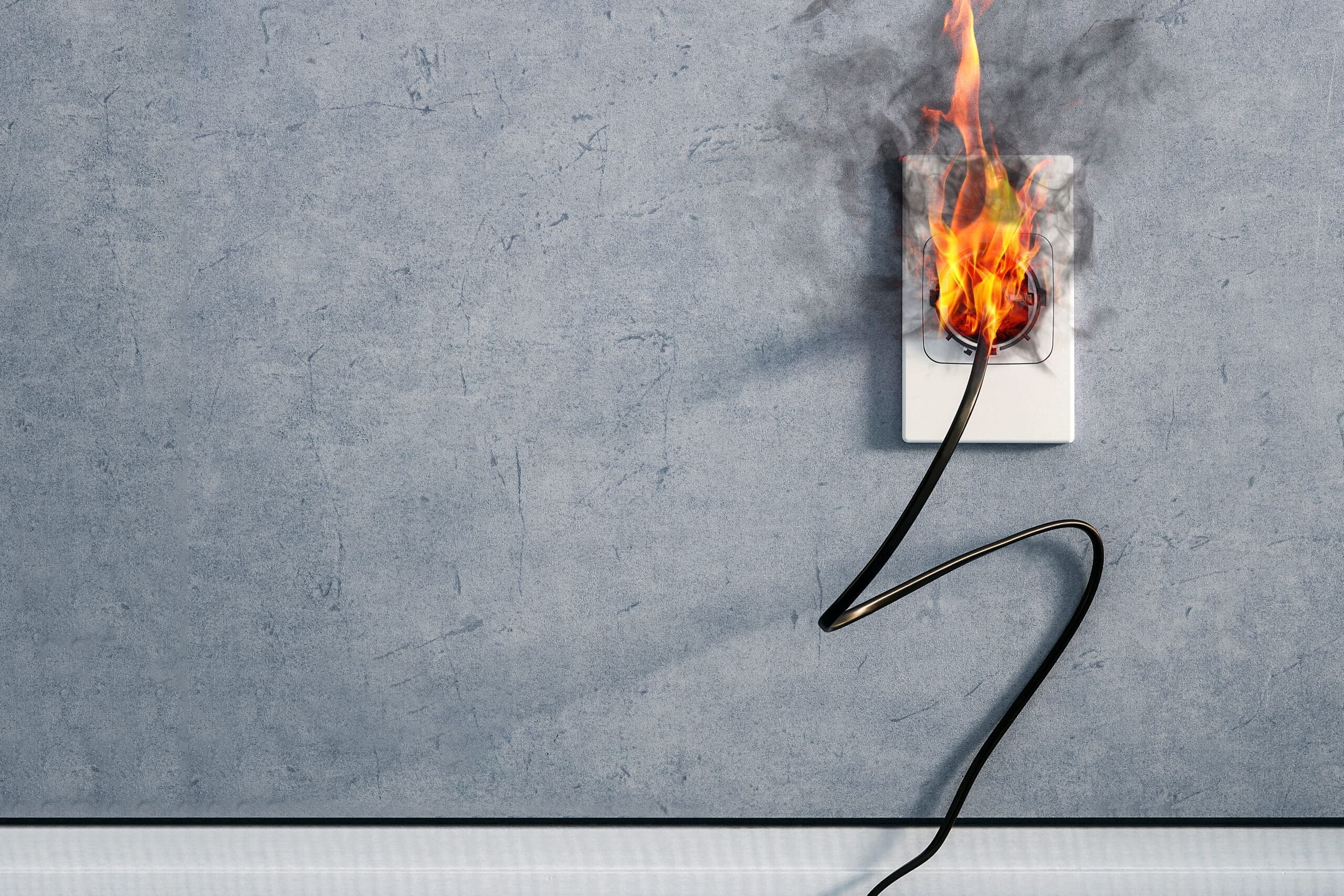
How to Report Hazards
Report Hazards: If you believe that the property where you live is not being safely maintained, immediately report the problem to the property owner or manager. Start a written record of what you reported and the response you receive. If you believe that the hazard is severe or if you do not receive a timely response to your concern, report the hazard to your local fire department.
MWPA Projects Help Protect Everyone
The Marin Wildfire Prevention Authority funds many projects that directly benefit apartment dwellers. Fuel breaks are being constructed that remove flammable vegetation near homes and apartment buildings. Properties are evaluated by trained inspectors. There are many fuel reduction projects underway throughout the county including free pickup of vegetation through http://chipperday.com/marin
